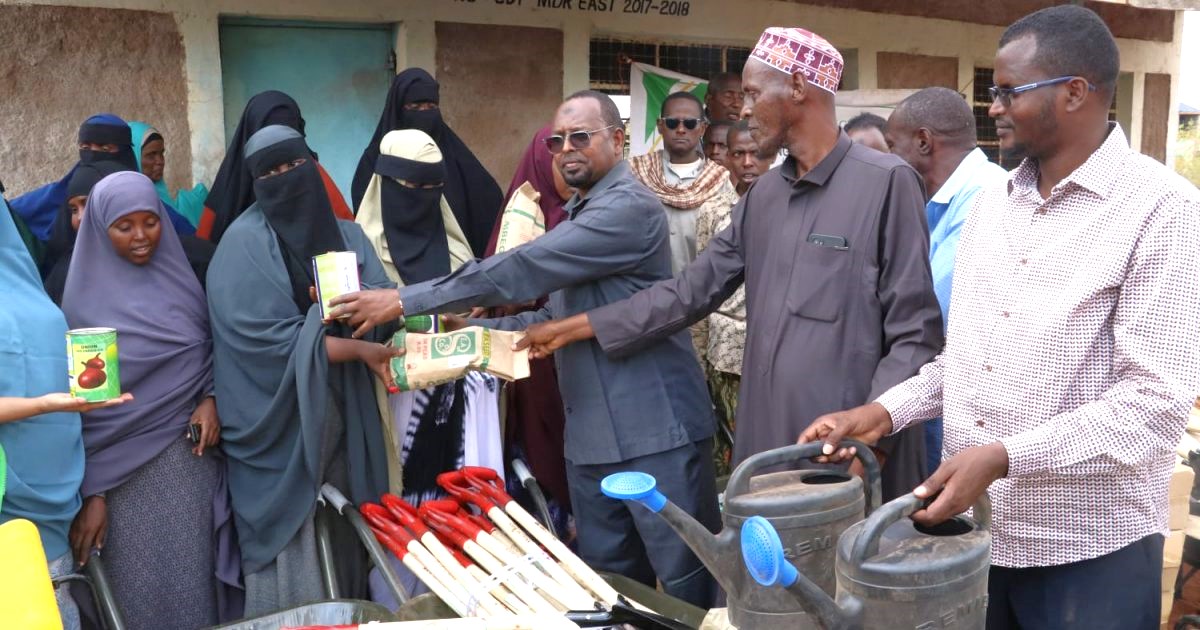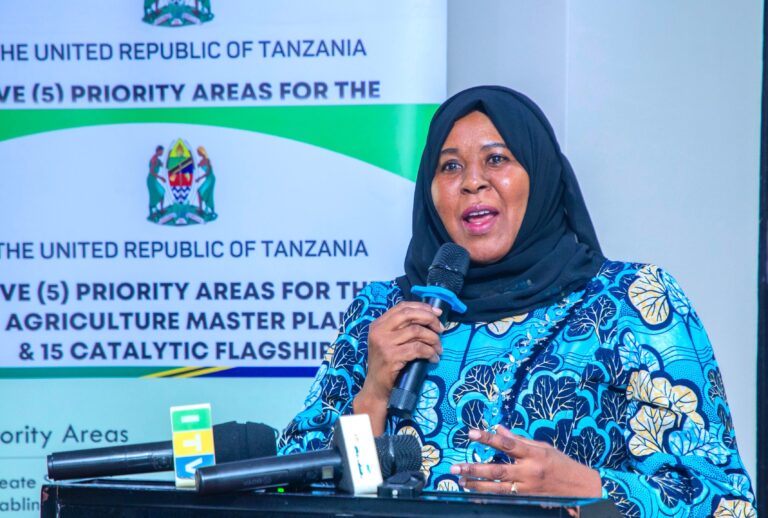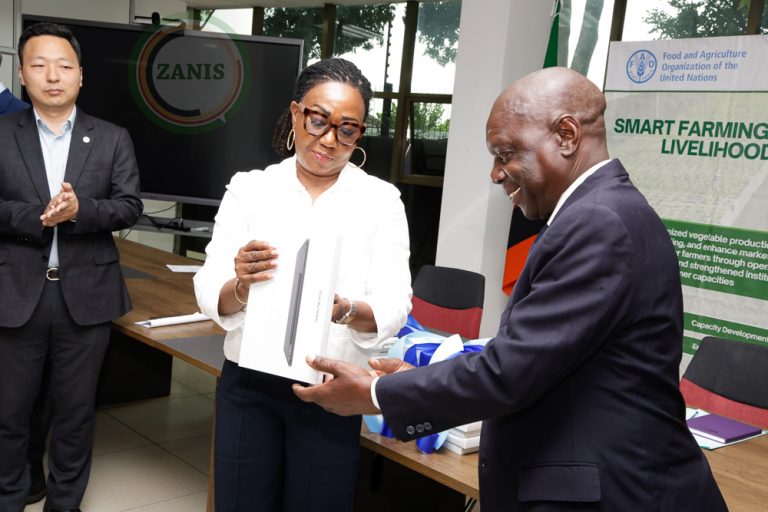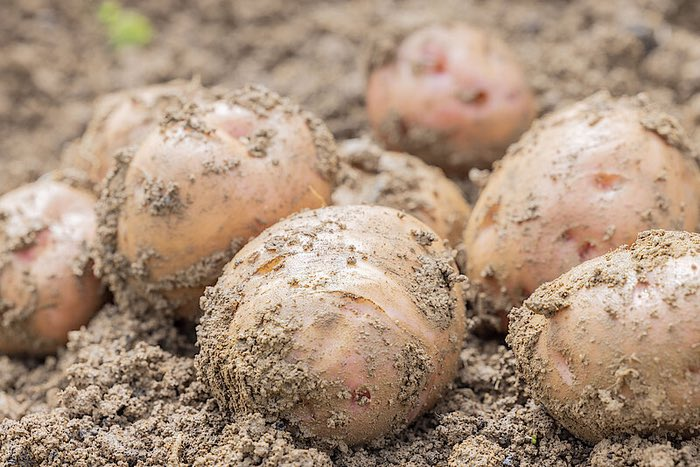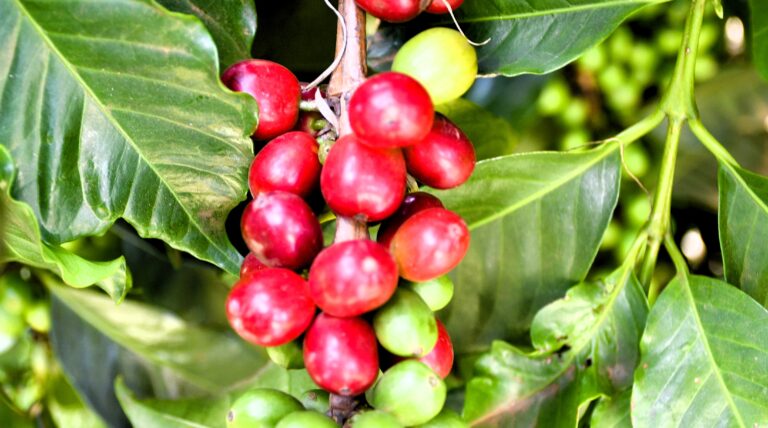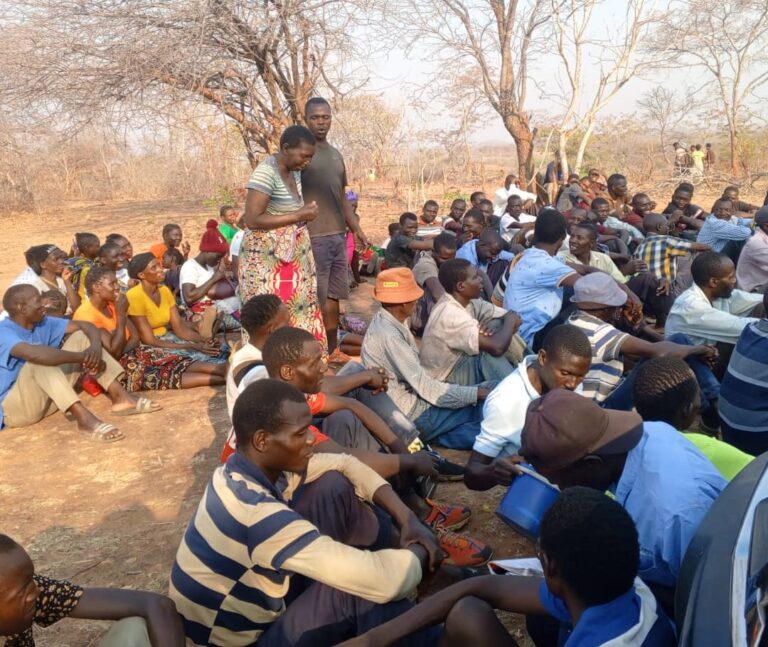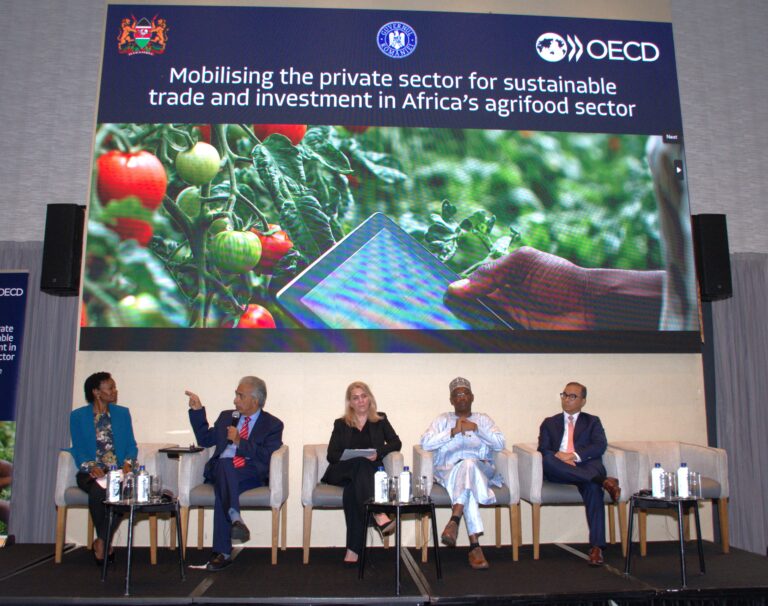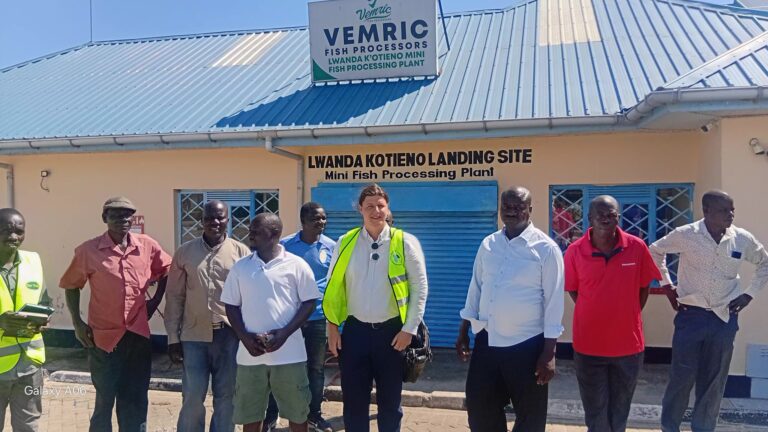In response to prolonged drought and food insecurity, communities in Mandera County are increasingly adopting farming and agriculture, moving away from their traditional pastoralist lifestyle.
To support this transition, local NGOs like Racida, in partnership with the Mandera County Government under the Hanano Project, are leading efforts to strengthen agricultural resilience in the region. So far, over 480 crop farmers, 150 fodder farmers, and 165 kitchen garden farmers across Mandera East, Mandera North, Lafey, and Banissa sub-counties have benefited from the initiative.
The program provides farmers with certified, drought-resistant seeds and essential farming tools to prepare them for the upcoming planting season. Its goal is to enhance food security, increase agricultural productivity, and promote climate-smart practices suited to the arid environment. Distributed supplies include drought-tolerant seeds such as maize, sorghum, cowpea, watermelon, and Sudan grass, along with farming equipment to improve efficiency.
Bare Mohamed, CECM for Agriculture, Livestock & Fisheries, reaffirmed the county’s dedication to improving livelihoods, saying, “Mandera County remains committed to supporting our farmers and investing in resilient agriculture to secure a better, food-secure future.”
Bernard Ogutu, the Mandera County Director for Agriculture, encouraged farmers to use the seeds and tools promptly. “The farm tools and seeds are meant for the field. Let us make Mandera food secure by putting them to immediate use,” he said.
With the long rains approaching, farmers are optimistic about better harvests and reduced reliance on food aid. Partner NGOs have promised ongoing assistance, emphasising the need for sustainable farming to foster self-reliance.
Across Mandera, residents are now embracing diverse agricultural methods, including fodder production, small-scale horticulture, and dryland farming—all proving viable despite the harsh climate.


